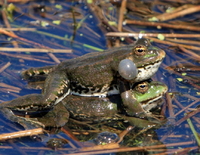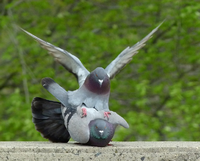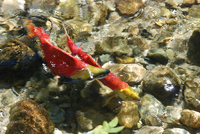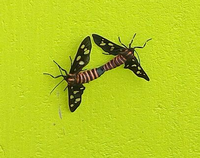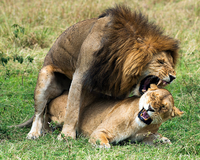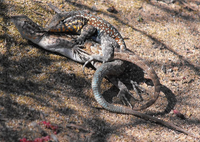Difference between revisions of "Reproduction in Animals"
| Line 1: | Line 1: | ||
==Key Stage 2== | ==Key Stage 2== | ||
===Meaning=== | ===Meaning=== | ||
| − | '''Reproduction in animals''' is when one or two animals produce [[offspring]]. | + | '''Reproduction in animals''' is when one or two [[Animal|animals]] produce [[offspring]]. |
===About Reproduction in Animals=== | ===About Reproduction in Animals=== | ||
Revision as of 16:20, 24 August 2018
Contents
Key Stage 2
Meaning
Reproduction in animals is when one or two animals produce offspring.
About Reproduction in Animals
- Most animals need two adults to produce offspring. This is called 'sexual' reproduction.
- Some animals can reproduce on their own. This is called 'a-sexual' reproduction.
Sexual Reproduction
- Sexual reproduction is when two adults are needed to create one or more offspring.
- In sexual reproduction of animals two adult animals will mate.
- In sexual reproduction the offspring have some of the features of their parents but are not an exact copy of either parent.
| When amphibians mate the female lays eggs and the male gives out sperm to fertilise the eggs. | When birds mate the male puts sperm inside the female and then the female lays eggs afterwards. | When fish mate the female lays eggs and the male gives out sperm to fertilise the eggs. |
| When some insects mate the male puts sperm inside the female and then the female lays eggs afterwards. | When mammals mate the male puts sperm inside the female and then the female becomes pregnant. She then gives birth to the offspring. | When reptiles mate the male puts sperm inside the female and then the female lays eggs afterwards. |
A-sexual Reproduction
- A-sexual reproduction is when one adult creates one or more offspring without needing another adult.
- In a-sexual reproduction the offspring are exactly the same as the parents.
